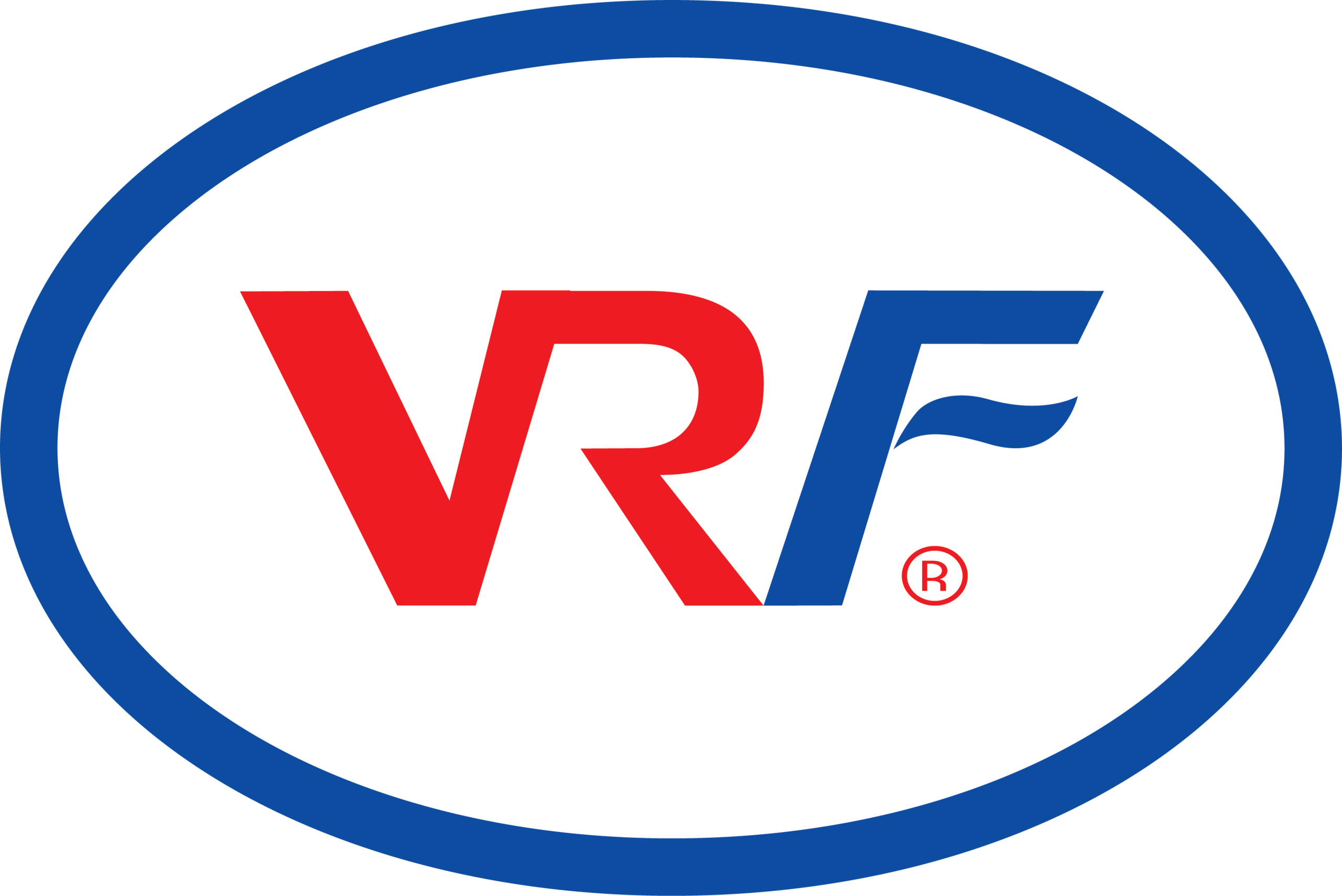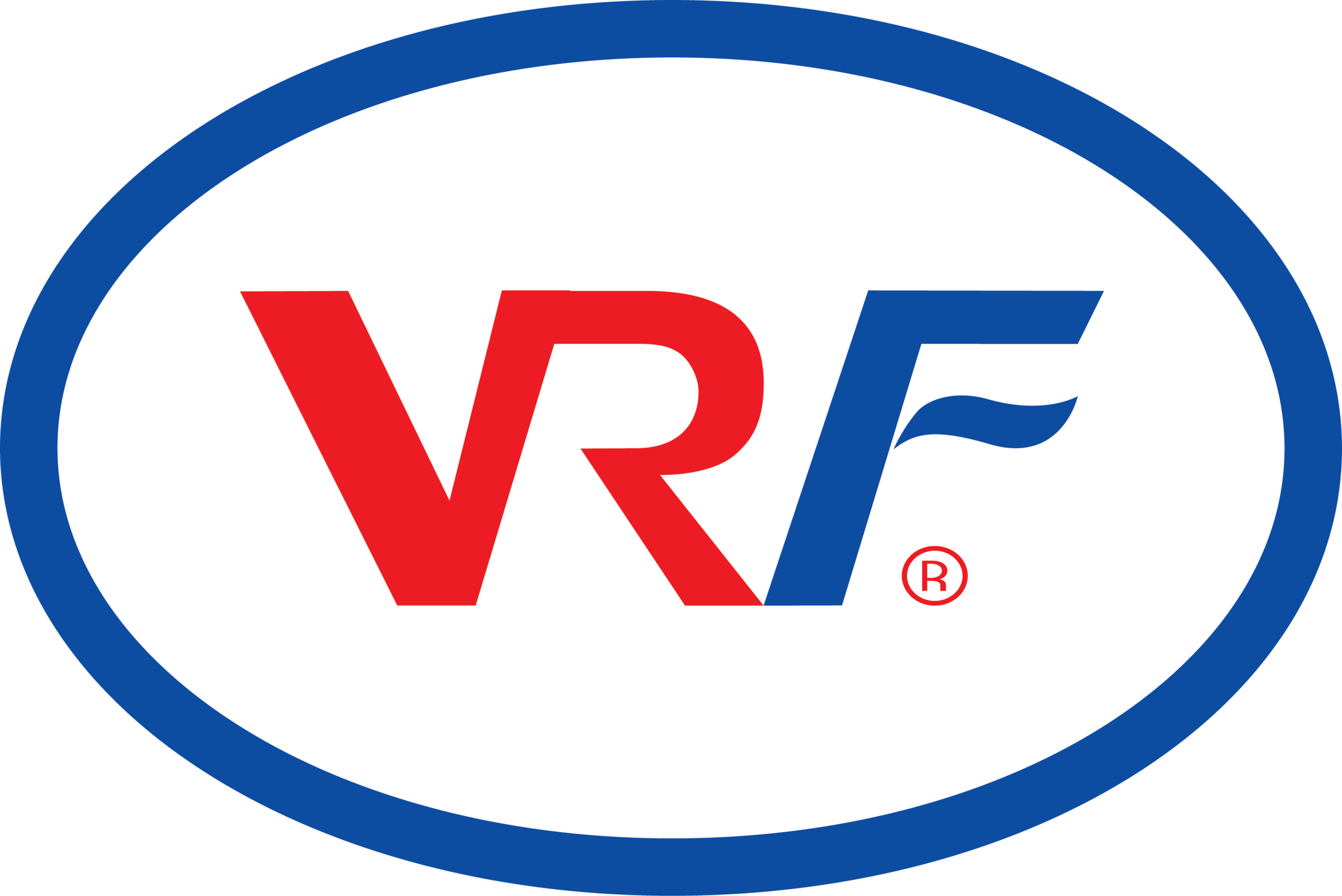The battle for Artificial Intelligence Market Share is one of the most intense and high-stakes competitions in the modern technology era. This contest is playing out in a market that is undergoing explosive growth, with projections showing it will expand from USD 106.3 Billion in 2024 to a phenomenal USD 2 Trillion by 2035, driven by a powerful CAGR of 30.58%. In this rapidly expanding arena, market share is a function of technological innovation, strategic acquisitions, platform dominance, and the ability to attract top talent. The landscape is dominated by a handful of tech behemoths, but it is also a fertile ground for a vibrant ecosystem of specialized startups, creating a dynamic and constantly shifting competitive environment.
The leaders in the AI market share race are the hyperscale cloud providers and tech giants, often referred to as "Big Tech." Companies like Google (with TensorFlow and its Vertex AI platform), Amazon (with AWS SageMaker), Microsoft (with Azure AI), and NVIDIA (with its dominant GPUs and CUDA platform) hold significant sway. These companies leverage several key advantages: vast financial resources for R&D, massive existing cloud customer bases to which they can cross-sell AI services, and the ability to attract the world's leading AI researchers. Their strategy often revolves around creating comprehensive AI platforms and ecosystems that lock in customers and developers, making them the primary gatekeepers of AI technology.
However, the market is far from a simple oligopoly. A crucial portion of market share is held by a diverse and rapidly growing number of specialized AI startups and established software companies. These players often compete by focusing on specific niche applications or industries, offering deep domain expertise that the larger, more generalized platforms may lack. For example, some startups specialize in AI for drug discovery, while others focus on AI for financial compliance or agricultural optimization. These firms often drive innovation in specific areas and are frequently acquisition targets for the larger players seeking to expand their capabilities. The open-source community also plays a vital role, with frameworks like PyTorch and Hugging Face democratizing access to powerful models and challenging the dominance of proprietary platforms.
Looking ahead, the competition for AI market share will be defined by several key battlegrounds. The race for "foundation model" supremacy, particularly in generative AI, is currently a major focus, with companies investing billions to build the most powerful and versatile large language models (LLMs) and multimodal models. Another key area is the development of more efficient AI ("Small AI" or "TinyML") that can run on edge devices like smartphones and sensors, opening up a vast new market. Ultimately, market share will be won not just by having the best technology, but by the ability to make that technology accessible, easy to use, and demonstrably valuable, translating cutting-edge research into tangible business outcomes for a broad range of customers.
Explore Our Latest Trending Reports:



